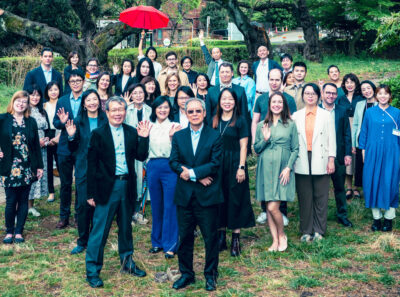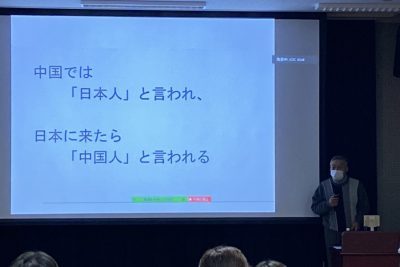Creating Feminist Spaces in Academia
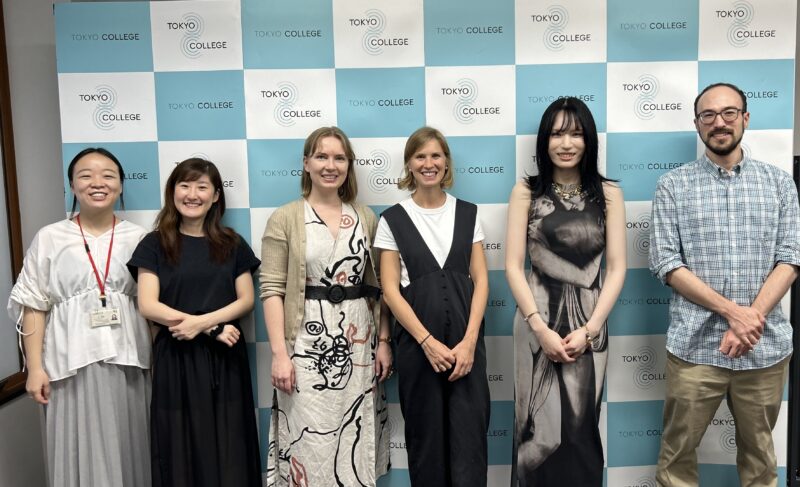
The word feminism is extremely difficult to define because it has been theorized, discussed, and practiced in many different ways. I’ve also learned since coming to Japan that “feminism” can be equally as hard to translate into Japanese since the word feminizumu (フェミニズム) can take on different connotations and meanings, which do not always match the ways in which women’s movements and gender equality have been conceptualized here. One helpful way to understand the premise of feminism has been offered by Mary G. Dietz (2003, 399) who has written:
It [feminism] posits a subject (women), identifies a problem (the subjection and objectification of women through gendered relations), and expresses various aims (e.g., overturning relations of domination; ending sex discrimination; securing female sexual liberation; fighting for women’s rights and interests, raising “consciousness,” transforming institutional and legal structures; engendering democracy) in the name of specific principles (e.g., equality, rights, liberty, autonomy, dignity, self-realization, recognition, respect, justice, freedom).
While her definition identifies broad facets of feminism without settling on a singular meaning, I still find it to be useful. That is because to me, feminism is not about trying to reach a consensus; rather it is about working together across difference and be willing to form alliances to mutually support one another to achieve our separate goals for justice and equality—even if sometimes these alliances may only be temporary or our strategies may need revision.
At the same time, I see the feminist idea of intersectionality as imperative to being able to do this kind of solidarity work across difference. Intersectionality, coined by Black American feminist Kimberlé Crenshaw (1991), can be defined as way of understanding how different aspects of a person’s identity can overlap or “intersect” to create various levels of disadvantage and privilege. In other words, it looks at how various systems of inequality based on identity formations like race, class, gender, sexuality, etc. can mutually reinforce one another, so that, for example, a Black woman might face double disadvantages due to the overlap of her marginalized racial and gender identities. I believe that intersectionality is important to feminism because it reminds us to keep in mind that even when we are all part of the same group, say for instance “women,” there will still be differences among us. Though these differences might seem to cause disunity, if we can work together to achieve justice and equality for the most marginalized person, then we can achieve justice and equality for everyone.
As a woman in academia where women are underrepresented, I have been committed to contributing to existing feminist spaces or helping build new ones where they don’t exist. I do this work not to help myself succeed, but rather to support female academics who face greater obstacles than me due to their marginalized race, class, sexuality, etc. identities. As I’ve been involved in efforts to make institutions of higher education more feminist, I’ve learned that feminism need not always focus on issues of gender; it can also be a way of doing things and working with others that is guided by feminist values and social justice goals.
For example, as a PhD student at the University of California, San Diego, I came across an opportunity to join a program that would allow me to earn a specialization in Critical Gender Studies (CGS) alongside my doctoral degree in Literature. While the program included rigorous coursework in gender and sexuality studies, it also demonstrated how to practice feminism in our classroom discussions, in our editing processes, in the academic community, and in our daily lives. In one course, the professor reminded us of social biases and structural inequalities that not only have restricted historically marginalized groups from attending universities, but also have made it difficult for their voices to be heard if they are lucky to attend. Studies have shown that women are interrupted in discussions more often than men[i], while students of color are more likely to experience imposter syndrome.[ii] The CGS professor, however, worked to combat these inequalities. She encouraged us to see our ideas as valuable and worth sharing. She also asked us to try not to belittle ourselves by finishing our comments in class with phrases like “I’m sorry for speaking too long” or “I’m not sure that made any sense. I’m probably just rambling.” She, therefore, demonstrated how we might create a feminist space in the classroom by helping to amplify the voices of historically marginalized groups and mutually supporting one another to recognize our potentials.
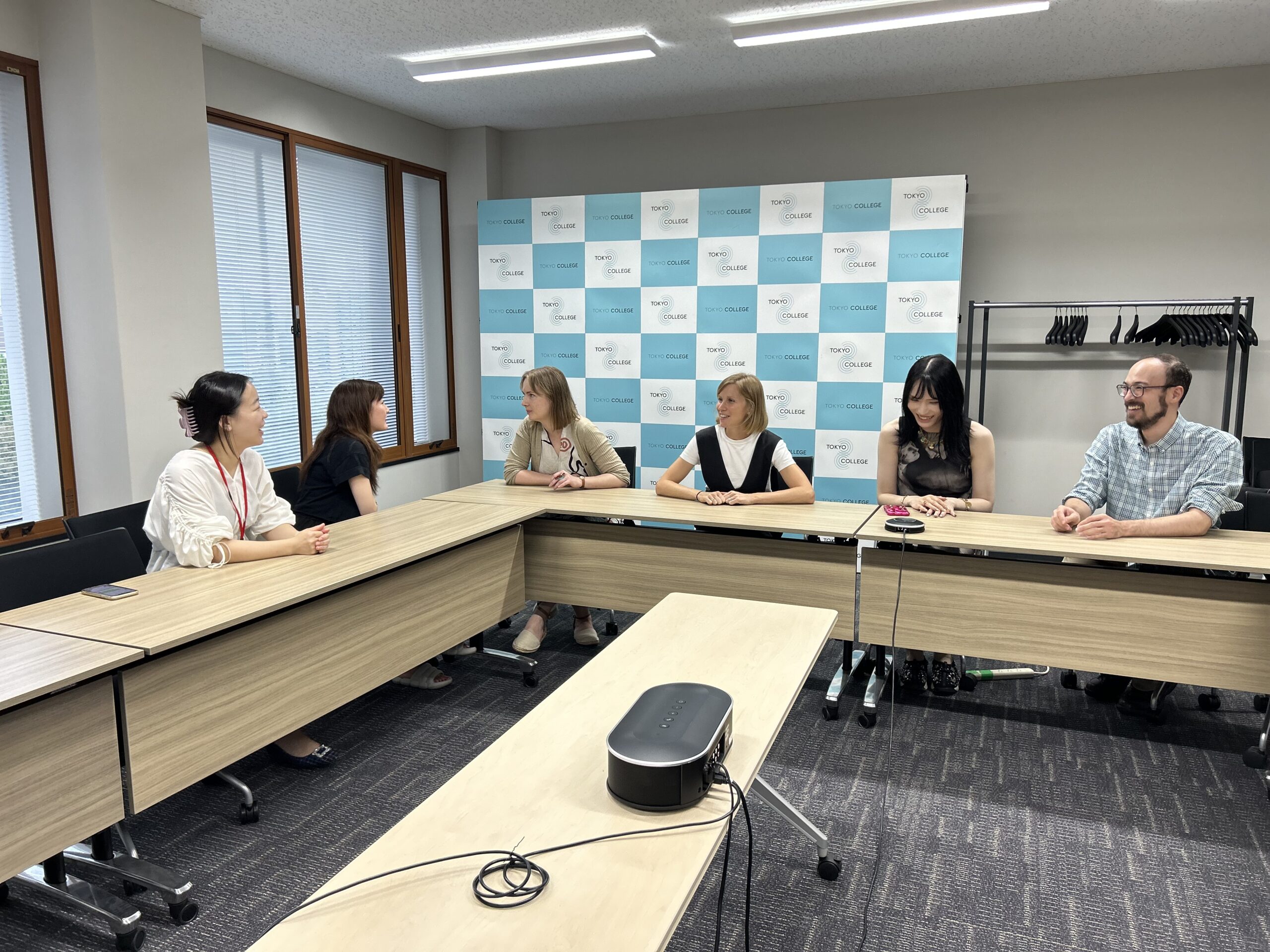
Upon joining Tokyo College this past January 2023 as a project researcher, I knew that I wanted to continue to find and/or build feminist communities while working at the University of Tokyo. I decided that one of the best ways I could do this would be to form a collaborative research group. As one of Tokyo College’s major research groups is the “Identity” group that also has the sub-group “Language & Identity,” I proposed forming a second sub-group that would study “Gender, Sexuality & Identity” (GSI). The idea was received with enthusiasm from the college’s director HANEDA Masashi and deputy director MINO Takashi and soon many of Tokyo College’s members expressed their interest in joining too.
Since February 2023, the GSI research group has been meeting bi-weekly mainly to discuss readings about gender, sexuality, feminism, transgender theory, and queer theory. We have also carried out two major projects: a symposium on transnational feminist solidarity for International Women’s Day and an online exhibition for the University of Tokyo’s Open Campus events. This fall, we started a weekly “book club,” where we discuss Tokyo College Ushioda Fellow and former editor-in-chief of The Economist Bill Emmott’s book, Japan’s Far More Female Future (2020) before we will have a special meeting with him in October.
As a collaborative research group, we try to build a feminist community amongst each other by making the group as equitable as possible. We are committed to giving each person the opportunity to have his or her voice heard and to feel like his or her ideas are valuable. We are dedicated to engaging in dialogue, too, so that through collaboration, we can generate new concepts and ideas and learn with and from one another. Though I have emerged as a kind of de facto leader of the group since I helped to found it, it is my goal to make the group operate in a more horizontal (non-hierarchical) manner. For this reason, I have been encouraging more members to take turns facilitating the discussion or proposing new activities.
Another important aspect of the GSI group is its cultural climate. That is, we try our best to foster a feminist environment that is inclusive and open to a multiplicity of viewpoints. Moreover, it involves creating a safe space, where members can feel comfortable having challenging conversations. Part of safety includes understanding that everyone is still learning and may make mistakes and accidentally say something that might offend someone else. Yet by seeing learning as a process, we try to give one another the chance to engage in self-reflection and self-transformation and grow from our mistakes.
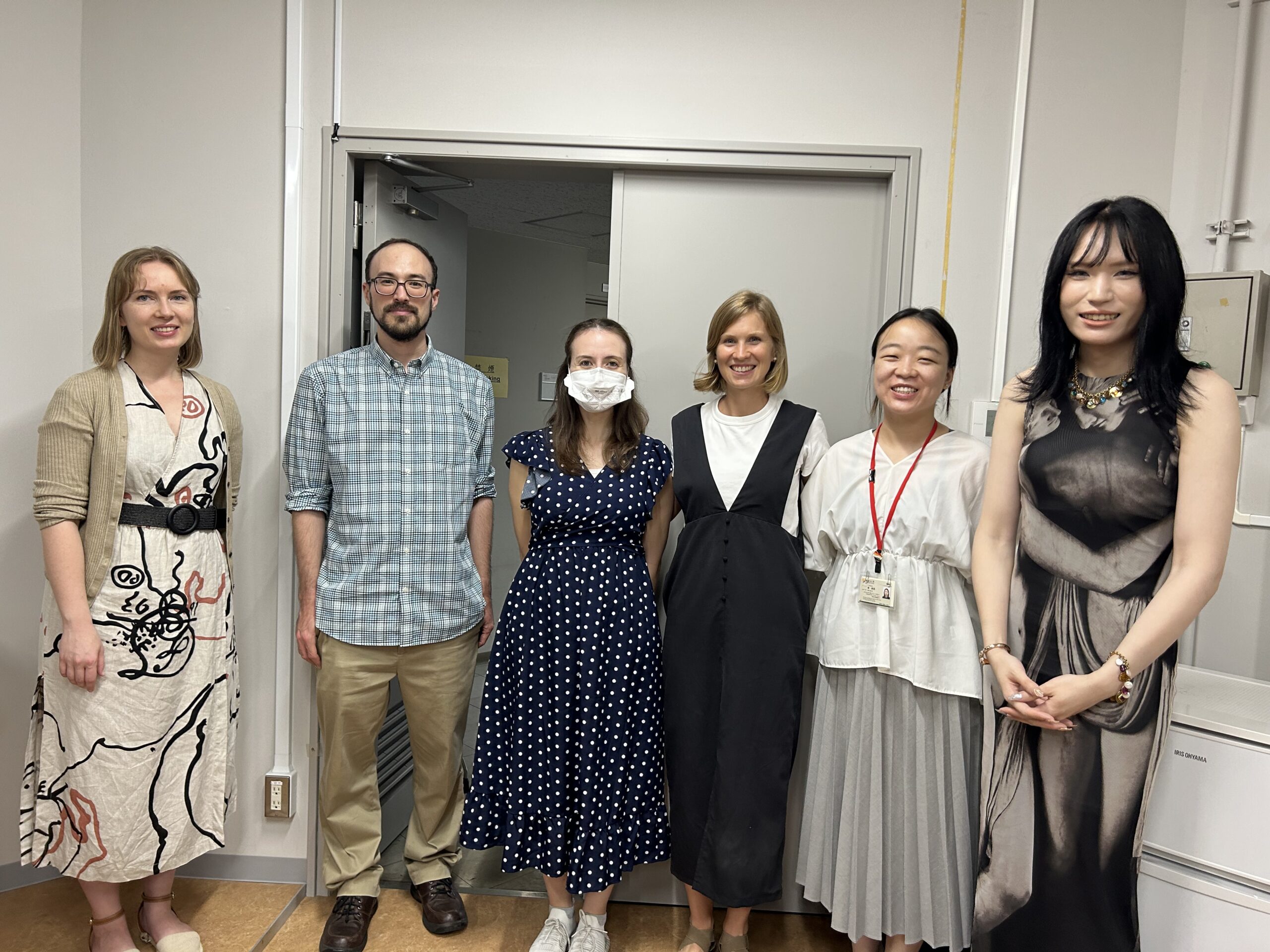
Overall, the GSI group aims to support its members’ learning and research related to gender and sexuality, yet it is also my hope that the group might offer support beyond this. By creating a network of feminists, I hope that we might find ways to help one another find the resources we might need to succeed as academics. I hope, too, that we might help each other to find a sense of belonging and to challenge any feelings of being an “imposter.” I hope we can stand in solidarity with one another when difficult times. Finally, I hope during my time at Tokyo College that the GSI research group will continue working together to figure out what feminism means to each of us—or maybe figure out if “feminism” is even the right word for what it is we’re working toward.
References
Crenshaw, Kimberlé. 1991. “Mapping the margins: intersectionality, identity politics, and violence against women of color.” Stanford Law Review 43: 1241-1299.
Dietz, Mary G. 2003. “Current Controversies in Feminist Theory.” Annual Review of Political Science 6, 1: 399-431.
Hancock, Adrienne and Benjamin Rubin. 2014. “Influence of Communication Partner's Gender on Language.” Journal of Language and Social Psychology 34: 46-64.
Ahmed, Afran, Tatyana Cruz, Aarushi Kaushal, Yusuke Kobuse, and Kristen Wang. 2020. “Why is there a higher rate of imposter syndrome among BIPOC?” Across The Spectrum of Socioeconomics 1, 2: 1-17.
[i] See Adrienne Hancock and Benjamin Rubin (2014).
[ii] See Afran Ahmed, et al. (2020).


